What to Look for When Buying a Pre-Owned EV
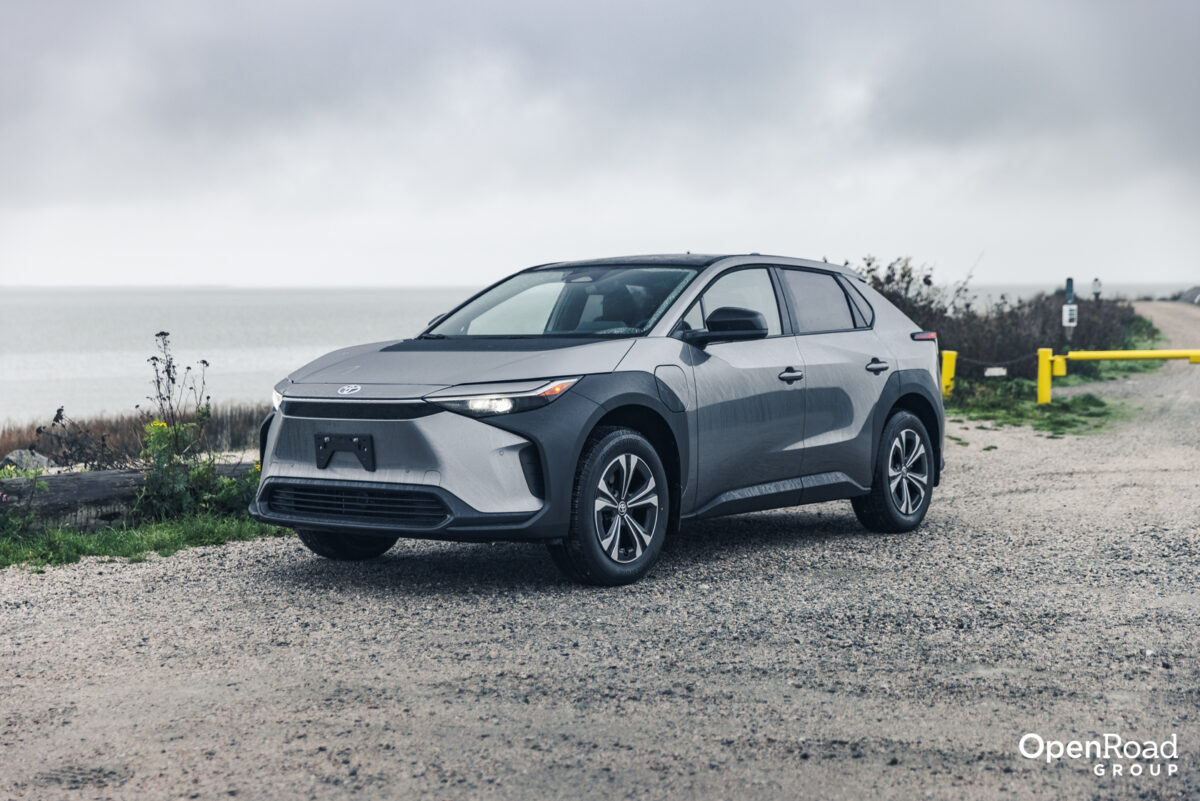
Over the past decade, the market has become inundated with new electric vehicles. However, the prices of new electric vehicles remain high compared to gasoline-powered vehicles. So, you might think to yourself, “There are more pre-owned EVs for sale now. Should I get one?”
The prices of pre-owned electric vehicles are less than the equivalent new EV, but the process of purchasing a used EV is not exactly the same as that of a gasoline-powered car. Though EVs have fewer moving parts, there are still a few things to look out for and in this article, we’ll break it down for you.
Battery State of Charge
Arguably the most important part of an EV is the battery pack. It’s like the fuel tank of an EV. However, unlike a fuel tank in a gasoline vehicle, the battery pack can degrade over time. This will provide less overall driving range.
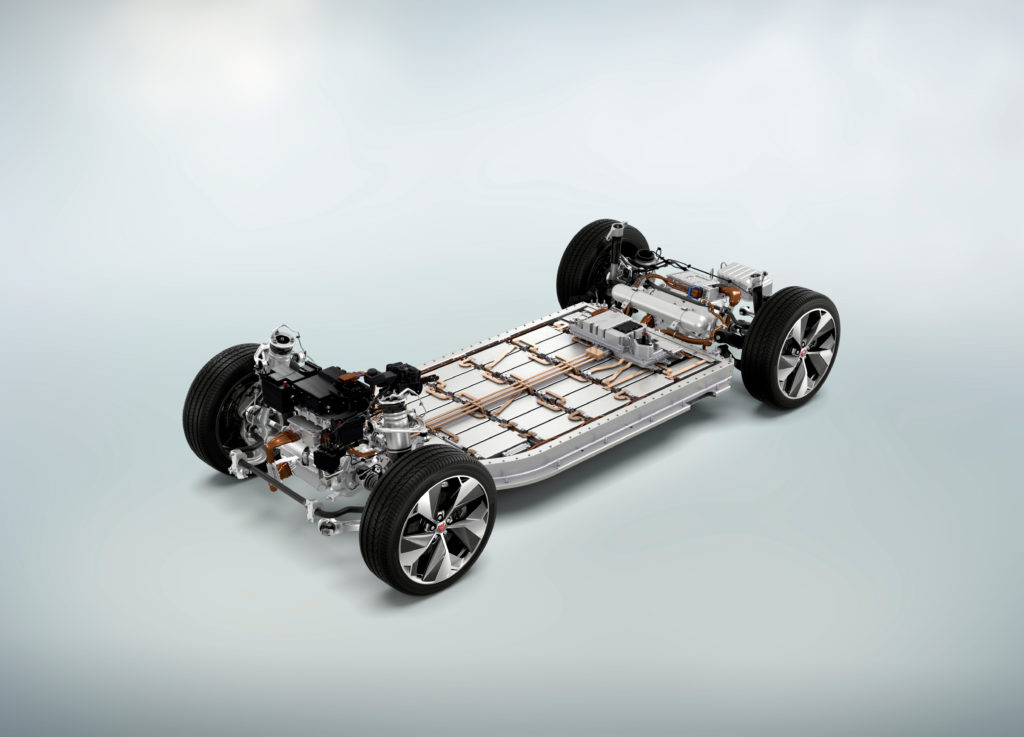
Generally speaking, an EV should be able to drive for 50,000 km before the battery loses roughly 10% of its overall range. The best way to check is to get the EV fully charged and see what the estimated range is. Then compare it to the estimated range when the vehicle was new. Some EVs have dedicated displays which provide battery degradation information and their actual range.
Additionally, most batteries are covered by an 8- to 10-year warranty with mileage restrictions. Note that some manufacturers may not cover a battery’s warranty if the state of charge falls below a certain threshold during the warranty time or mileage period. Usually, the battery will not be covered if the state of charge is below 70%.
Was the Battery Replaced?
If you find an electric vehicle in which the battery was replaced, you may be in luck. Not only are battery replacements expensive, but a new battery will provide more driving range than one that has high mileage. It’s important that you receive proper documentation from the previous owner regarding the battery replacement. For example, when you purchase an EV from an OpenRoad location, we will always provide paperwork to let you know if the battery has ever been replaced.
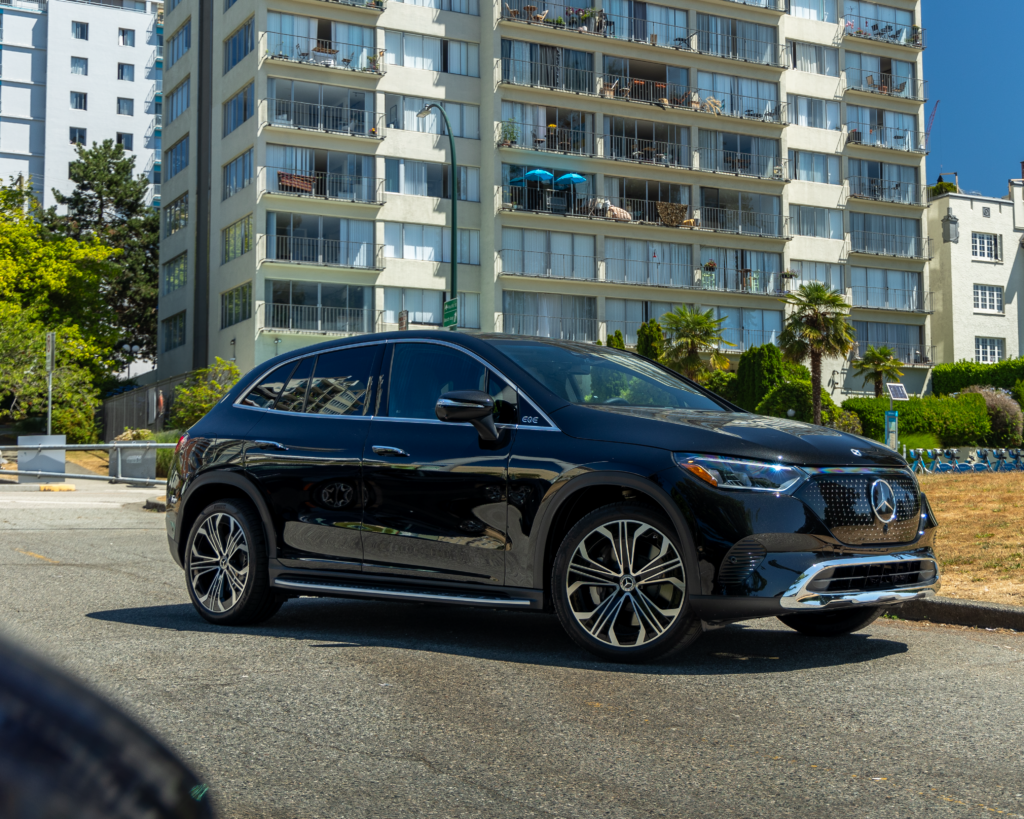
Is the Vehicle in Good Condition?
While an electric vehicle has fewer moving parts than one with an engine, there are still some components that can wear out over time. Check the tires, brakes, suspension, tears in the upholstery, screens functioning, A/C & heater functions properly, window switches work, and so on. Also, take the EV for a drive and listen for any odd noises or vibrations while driving. If you’re in doubt, take it to a certified technician to provide you with a full vehicle health report. Choosing to purchase your next used EV from an established retailer like OpenRoad provides the opportunity to test drive the vehicle beforehand and receive a detailed health report from one of our OpenRoad EV technicians.
How is the Vehicle’s Maintenance History?
Don’t forget to ask the previous owner about the vehicle’s maintenance history. You can also find out about the car’s history through CarFax. You’ll want to make sure that the car was serviced at the correct service intervals. Rest assured, all used vehicles purchased from OpenRoad already come with a CarFax report detailing the vehicle’s previous history.
How will you Charge your EV?
Just like the price of fuel, you’ll want to take into consideration the charging infrastructure. Are you able to charge your used EV at home? At work? At School? What type of chargers will you have access to? These are some questions you’ll have to ask yourself before choosing an EV.
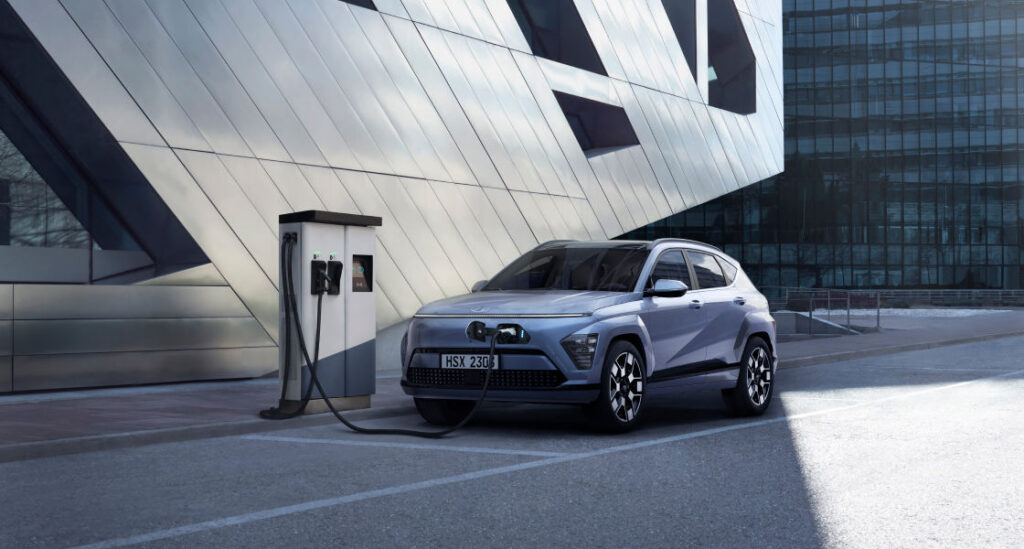
While most electric vehicles are equipped with a level 1 home charging cable, it could take a couple of days to fully recharge your EV. A home level 2 charger can generally recharge an EV in just 8 to 12 hours (depending on the battery size and charge rate). However, if you live in an apartment building, you may not have access to a level 2 charger. In that case, you’ll have to rely on the charging infrastructure of your city or town. If there’s a level 3 DC charger near your home, it can recharge the battery up to 80% in 20 to 30 minutes.
However, an EV’s charging rate is limited by what the charger can put out as well as the vehicle’s capacity to accept the higher rate of charge. Some EVs cannot be charged with a level 3 DC fast charger, if you plan to rely on the public charging network, make sure you know what the potential charging rate is for the vehicle you are considering.
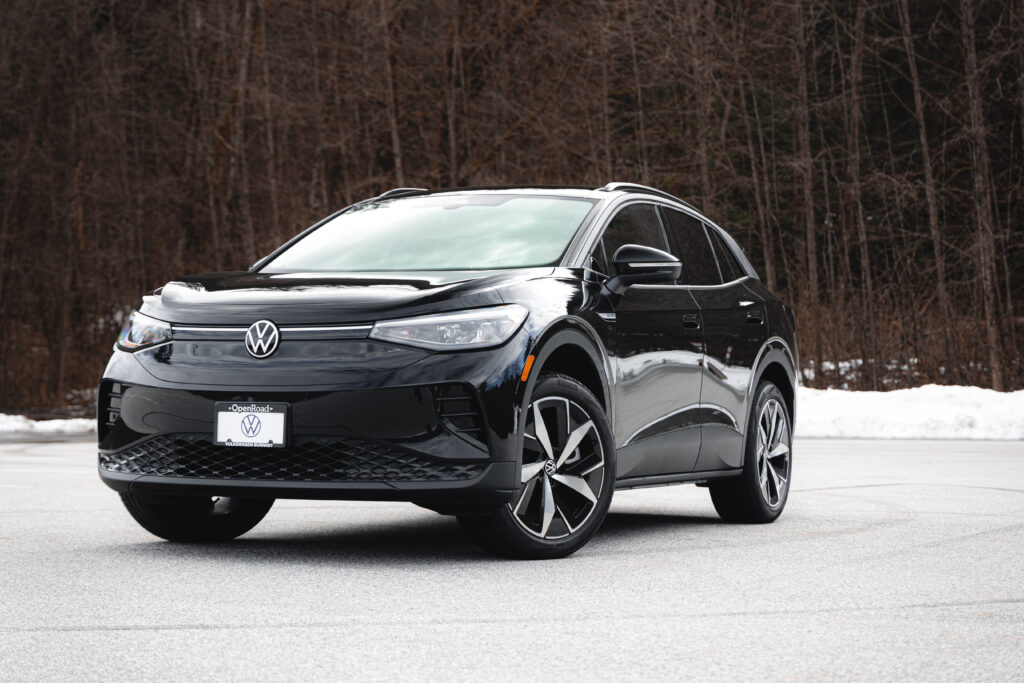
Purchasing a pre-owned electric vehicle is a good option to consider if you aren’t ready to purchase a new one. But it can also cost you a lot of money if you don’t do your due diligence and ensure that the EV has been well-maintained. At OpenRoad, we do your due diligence for you by providing a comprehensive set of paperwork regarding the vehicle’s history. We also have OpenRoad EV Specialists at over 20 OpenRoad locations who would be happy and available to discuss various product options and answer any maintenance questions.

